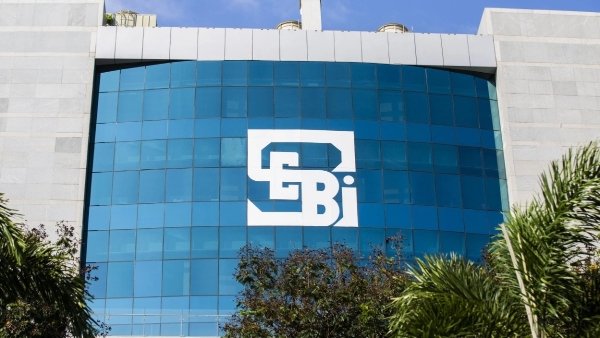SEBI proposed various regulators oversee cryptocurrency-related activities within their jurisdiction, advocating against a unified digital asset regulator. RBI supports banning stablecoins, designed to stabilize against fiat currency volatility. In 2021, a bill aimed at banning private cryptocurrencies was drafted by the government but remains unenacted, impacting crypto trading.
SEBI suggests multiple regulators supervise cryptocurrency trading, according to Reuters-accessed documents. In contrast, RBI views private digital currencies as a macroeconomic risk, as indicated in separate documents.
According to the report, both sets of documents are presented to a government panel responsible for shaping finance ministry policy. SEBI’s position has not been previously disclosed.

Navigating India’s Regulatory Landscape for Crypto Trading
Since 2018, India has adopted a firm stance against cryptocurrencies. Initially, the central bank barred lenders and financial intermediaries from engaging with crypto users or exchanges, a decision overturned by the Supreme Court. In 2021, the government drafted a bill to outlaw private cryptocurrencies, which remains unsubmitted. During its G20 presidency last year, India advocated for a global regulatory framework for these assets.
According to an individual familiar with the panel’s deliberations, the RBI continues to advocate for a stablecoin ban. The source, who requested anonymity, stated that the panel aims to finalize its report by June. Stablecoins are digital currencies engineered to stabilize against fiat currency fluctuations, reducing volatility. Meanwhile, SEBI’s submissions to the government panel propose diverse regulators supervise cryptocurrency-related operations within their respective jurisdictions, cautioning against a consolidated digital asset regulator.
According to the individual briefed on the panel’s talks, SEBI proposed monitoring securities-like cryptocurrencies and Initial Coin Offerings (ICOs). Additionally, it suggested licensing equity market-related products. This mirrors the approach in the US, where the Securities and Exchange Commission oversees tokens resembling securities and crypto exchanges. Furthermore, it suggested that RBI regulate crypto assets backed by fiat currencies.

As per the documents, the Insurance Regulatory and Development Authority of India (IRDAI) and the Pension Fund Regulatory and Development Authority (PFRDA) are proposed to oversee insurance and pension-related virtual assets. Additionally, it suggests resolving cryptocurrency traders’ grievances under India’s Consumer Protection Act. Requests for comments from SEBI and RBI went unanswered. Similarly, the finance ministry, IRDAI, and PFRDA did not respond to requests for comment.
In its submissions, RBI highlighted that cryptocurrencies pose risks to fiscal stability, including potential for tax evasion and dependence on voluntary compliance in decentralized peer-to-peer (P2P) activities. It also warned of potential loss of “seigniorage” income, the profit from money creation. Following the Supreme Court’s overturning of RBI’s 2018 orders, the central bank instructed financial institutions to adhere strictly to stringent anti-money laundering and foreign exchange regulations, effectively excluding cryptocurrencies from India’s formal financial system.
Despite this, trade thrived, leading the government to implement a tax on crypto transactions in India in 2022 to deter such activity. Subsequently, it mandated all exchanges to register domestically before facilitating crypto transactions within the country. This occurs amidst increased regulatory scrutiny and hefty taxation in the crypto sector. In March 2024, OKX, a crypto trading platform, ceased operations in India due to regulatory ambiguity, joining other exits such as Pillow, Flint, and WeTradede.
You might also be interested in – Kotak Bank shares surge 4% despite RBI criticism, buoyed by Q4 outperformance, prompting investor interest in stock upgrade.